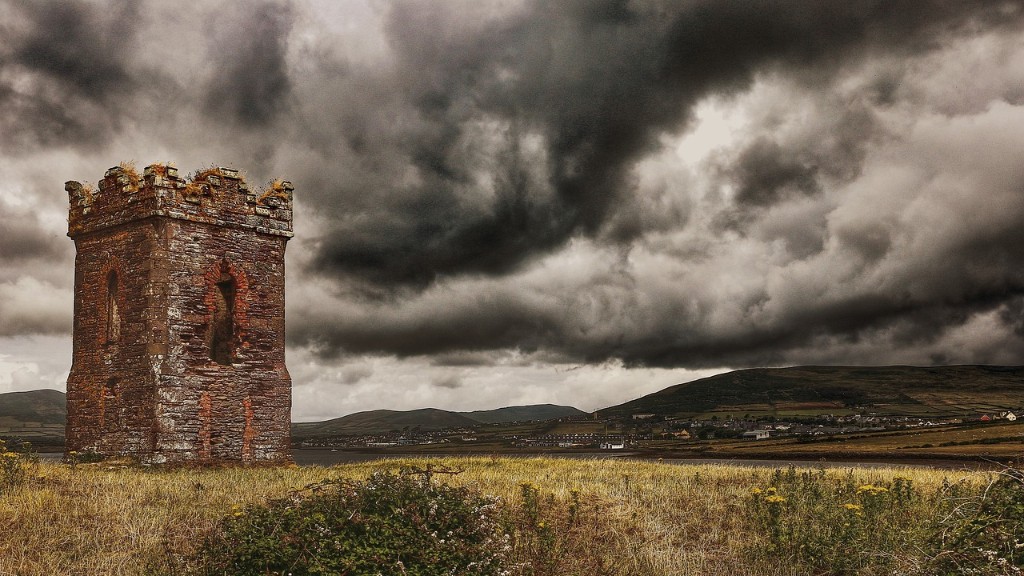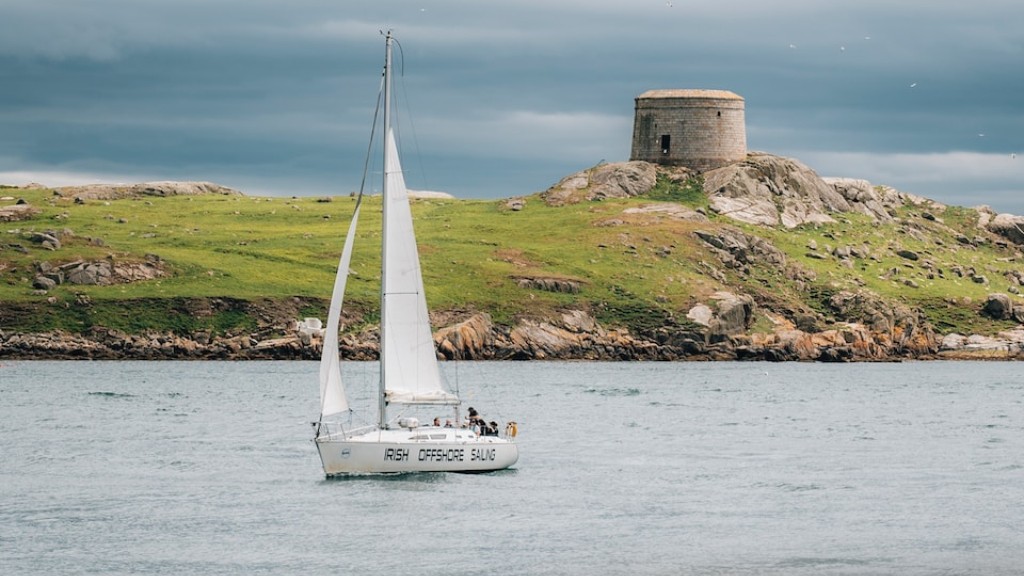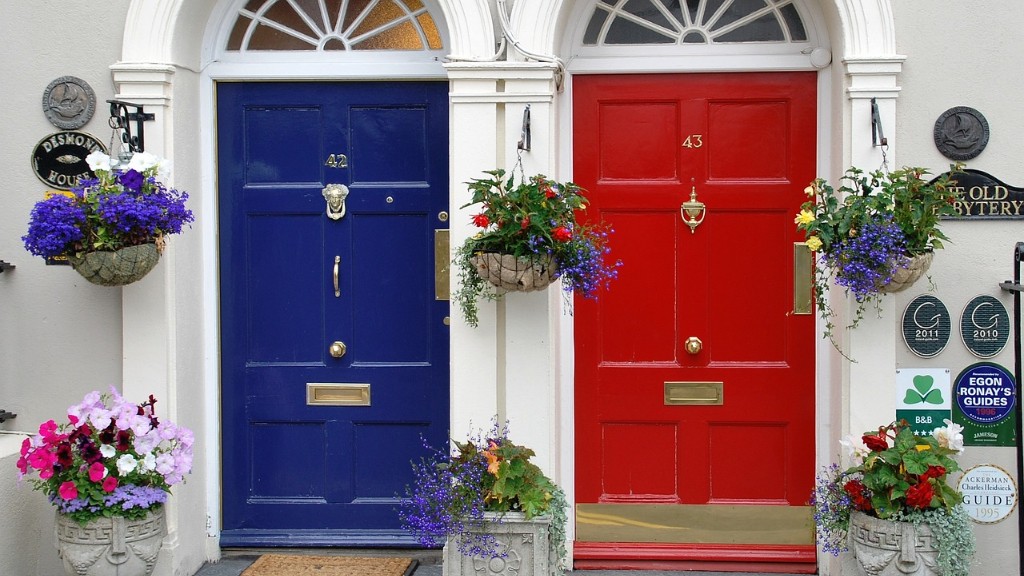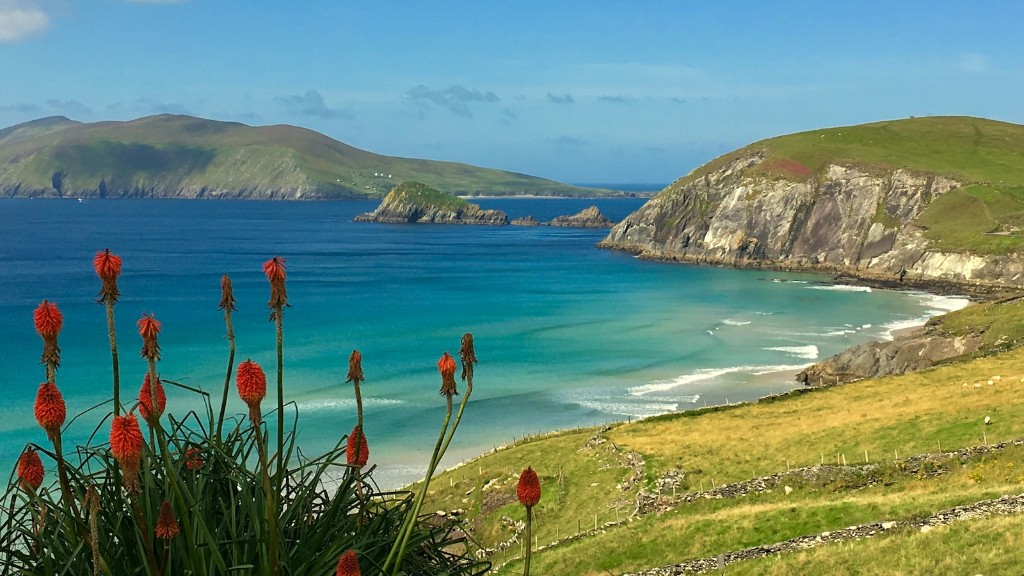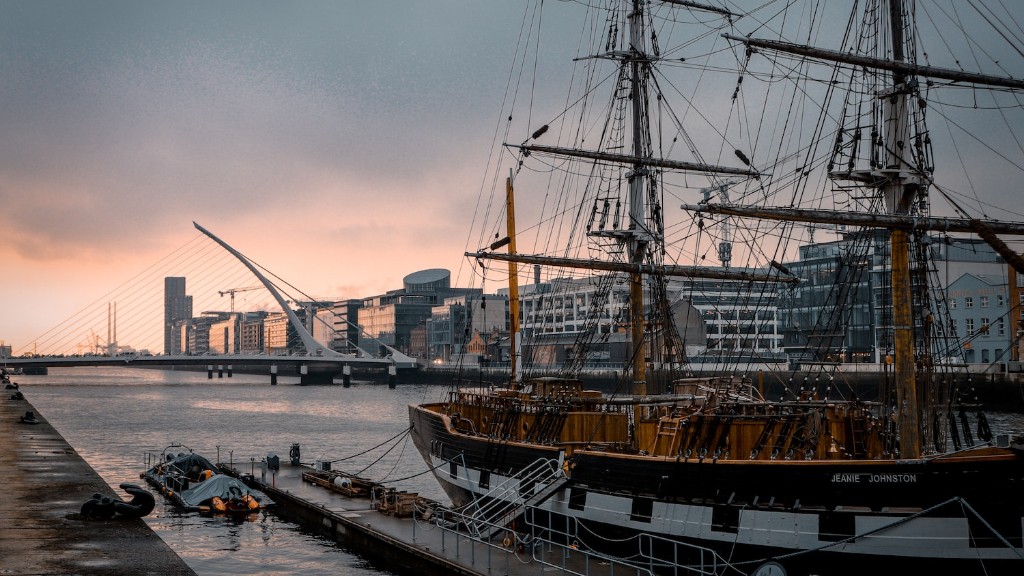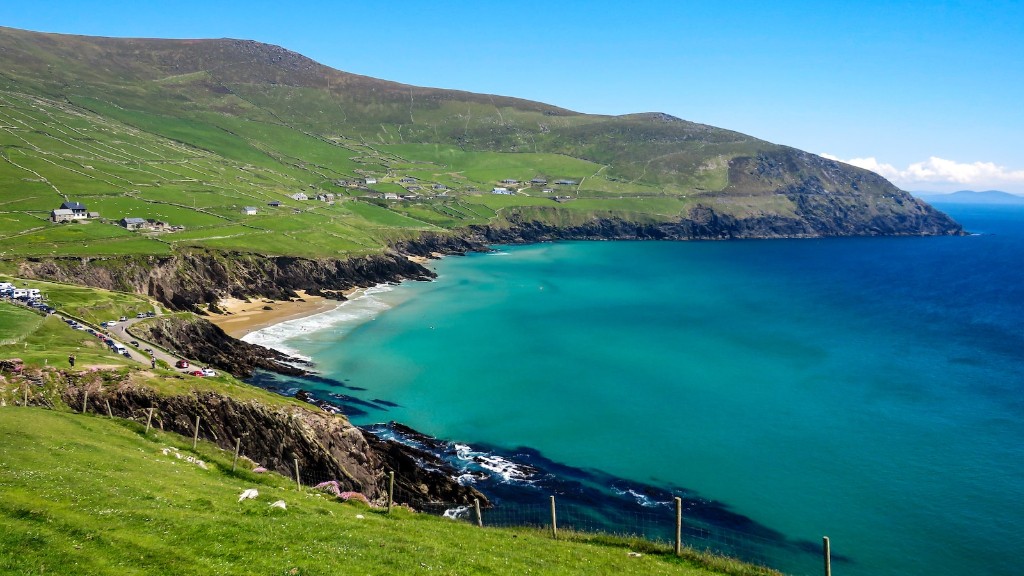Introduction
Ireland is home to distinctive local culture and customs. As a result, many visitors are often curious about special symbols and traditions that add to the unique charm of this Emerald Isle. One of those is the concept of “luck” – which is very relevant in Irish culture. This article will explore in detail whether it is possible to buy lucky charms in Ireland.
A Short History Of Lucky Charms In Ireland
Luck is a key part of Irish folklore and many traditional symbols have been used to bring good fortunes and ward off evil. For centuries, shamrocks, horseshoes, clovers, and other charms have been associated with good luck. Meanwhile, traditionally dark symbols such as black cats, bats, and ravens were thought to bring bad luck.
The tradition of appeasing the gods and trading luck dates back to before the time of St. Patrick in the 5th century AD. Ancient myths aimed to explain the world around them, often using luck as a key component. Signs and symbols were used to protect one’s home, crop, and livestock, as well as their own health.
Today, many of the charms and superstitions have evolved through time, often merging with new cultural influences. Nonetheless, lucky charms remain popular in Ireland.
Lucky Charms In Irish Markets and Shops
These days, sales of lucky charms have become an important part of the Irish economy. Lucky charms can be found in nearly every market and shop in the country. Souvenir stores, gift shops, and tourist-oriented vendors all carry these items, most commonly in the form of jewelry and keychains.
Jewelry items such as clover necklaces, horseshoe rings, and shamrock earrings are very popular. These pieces often carry symbols of luck such as rainbows or four-leaf clovers. Furthermore, many shops also sell decorated figurines of leprechauns, fairies, and other mythical creatures.
In addition, there are many small roadside shops that sell lucky stones, trinkets, and coins. Some of the most popular lucky stones include amethyst, jade, and quartz. Meanwhile, coins and trinkets typically feature either a horseshoe or four-leaf clover motif.
Views of Experts on Lucky Charms
Many professionals have weighed in on these items. Dr. Roseann O’Malley, Professor of Religious Studies at University College Dublin, believes that the continued use of lucky charms in Ireland reflects the enduring belief in luck and good fortune. Conversely, Dr. Phillip Jeffery, Professor of Sociology at Maynooth University, claims that these items are primarily ‘symbolic’, and hold little actual power.
On the other hand, Stephen Burke of the Irish Tourist Board believes that these products are mainly bought as souvenirs, and as such their sales offer a ‘double-win’ for both local traders and tourists. Burke also believes that these items symbolize the country’s strong cultural identity and adds to the allure of Ireland as a holiday destination.
Influence Of Religion On Lucky Charms In Ireland
Many symbols associated with luck and fortune in Ireland have their roots in religion. The shamrock, for example, is believed to derive from St. Patrick’s tradition of using the three-leaf clover to explain the Christian holy trinity. Meanwhile, the horseshoe symbol may have come from pre-Christian pagan beliefs about the power of the horseshoe.
Hence, the country’s official religion, Catholicism, has had a strong influence on the symbols associated with luck in Ireland. Many famous saints have been associated with luck and good fortune, such as St. Christopher and St. Brigid. Meanwhile, traditional artworks often depict Jesus and Mary in lucky poses, surrounded by motifs such as rainbows, shamrocks, and four-leaf clovers.
Furthermore, many of the actions traditionally linked with luck have some basis in religious rituals. For example, the practice of lighting candles is thought to originate from the tradition of Catholic prayer. Similarly, the habit of blessing or thanking someone for bringing good luck is distinctively Christian in origin.
Symbolism Of Lucky Charms
As previously mentioned, each of the lucky charms associated with luck and fortune in Ireland has a symbolic meaning. The shamrock and four-leaf clover represent growth and renewal, while the horseshoe is thought to represent strength and good luck. Similarly, the black cat and the crow are symbols of prophetic powers and wisdom.
On a more personal level, these symbols are thought to bring good luck, health, or wealth to the individual who has them. Many people believe that these charms will bring them good fortune in some form or another. This may be in the form of business success, or simply a safe journey.
However, experts caution that it is important not to rely too heavily on these symbols. It is important to recognize that whatever luck one acquires, it must be based on hard work and dedication. As such, these charms should be seen merely as a symbol of hope and optimism.
Can You Buy Lucky Charms in Ireland?
Therefore, to answer the initial question of whether it is possible to buy lucky charms in Ireland – the answer is yes. As previously mentioned, these items can be found in a variety of shops and markets all over the country. Therefore, visitors have plenty of choice when it comes to finding a token of luck or good fortune in Ireland.
However, while buying these items can add a nice memento of one’s visit to Ireland, the items themselves may not have any power or provide any tangible luck. Thus, experts suggest that the true ‘luck’ of Ireland is to be found in the country’s culture, heritage, and people.
The Role of Arts and Crafts In Promoting Lucky Charms
The Irish tourist industry has also played an important role in promoting lucky charms in the country. Lucky charms have been adopted as an emblem of luck by many popular and traditional arts and crafts. Handcrafted jewelry, pottery, and sculptures are often designed with lucky motifs which are then sold both domestically and abroad.
Gathering items such as the Harp of Tara, the Book of Kells, or the traditional Irish Claddagh symbol are also popular choices. Many manufacturers also produce a variety of consumer goods such as lucky coins, jigsaws, and postcards with symbols of good luck.
In addition, many of the souvenirs on sale at tourist shops in Ireland often feature lucky motifs such as horseshoes and shamrocks. While designed primarily for tourists, these items have also become popular with locals.
Conclusion
In conclusion, it is possible to buy lucky charms in Ireland. These items are sold in markets, shops, and roadside stalls all over the country. While some people believe that these objects bring luck, experts caution that any luck must be earned through hard work and dedication. Nevertheless, lucky charms remain a popular part of Irish culture and are often a beautiful reminder of one’s time in this beautiful nation.
